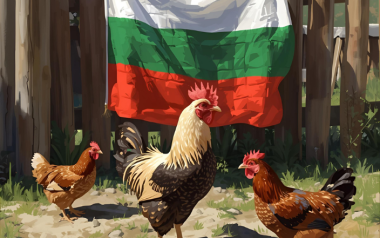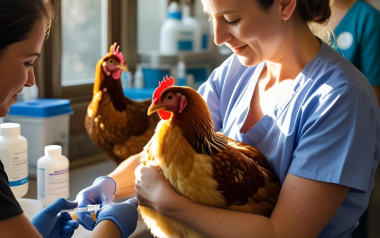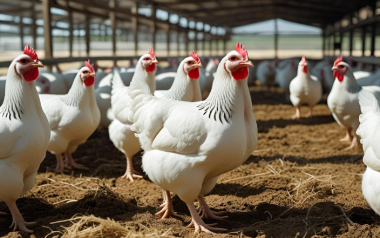Sources: Available upon request
28 Aug 2025
Avian Flu returns to Bulgarian poultry farms
After nearly five months without reported cases, Avian Flu (H5N1) has resurfaced in Bulgaria, affecting three poultry farms in the southern town of Rakovski, located in the Plovdiv province.
After nearly five months without reported cases, Avian Flu (H5N1) has resurfaced in Bulgaria, affecting three poultry farms in the southern town of Rakovski, located in the Plovdiv province. The outbreak has impacted approximately 28,000 birds, primarily mallard ducks, prompting swift action from Bulgarian authorities to contain the virus.
- The Bulgarian Food Safety Agency confirmed that each of the affected farms experienced a sudden spike in bird mortality, with around 20 birds at each site showing symptoms of infection.
- In response, officials established a 3-kilometer protection zone and a 10-kilometer surveillance zone around the infected premises to prevent further spread.
This resurgence comes amid a seasonal uptick in avian flu cases across Europe. Although no other European countries reported new domestic outbreaks during the same week, the European Commission’s Animal Disease Information System has recorded 252 HPAI outbreaks in commercial poultry across 19 countries so far in 2025 . Additionally, 639 outbreaks have been documented in wild birds throughout the continent.
- The re-emergence of H5N1 in Bulgaria has raised concerns among poultry producers and public health officials.
- The virus, known for its high mortality rate in birds, has previously disrupted poultry supply chains and contributed to rising food prices.
- Moreover, while human transmission remains rare, the potential risk continues to prompt vigilance from health authorities.
To mitigate the impact, the Bulgarian government has pledged financial compensation to farmers whose flocks are culled due to the outbreak. Officials are also urging poultry owners to enhance biosecurity measures and report any unusual signs of illness or mortality in their birds.
This outbreak underscores the persistent threat of avian influenza and the importance of ongoing surveillance and rapid response. As Europe braces for potential further cases, the Bulgarian situation serves as a reminder of the virus’s ability to reappear unexpectedly, even after periods of apparent dormancy.
Authorities across the region, including in neighboring Greece, have heightened their alert levels and initiated preventative checks on poultry farms. The coordinated efforts aim to curb the spread of the virus and protect both animal and public health in the face of this renewed challenge.








































